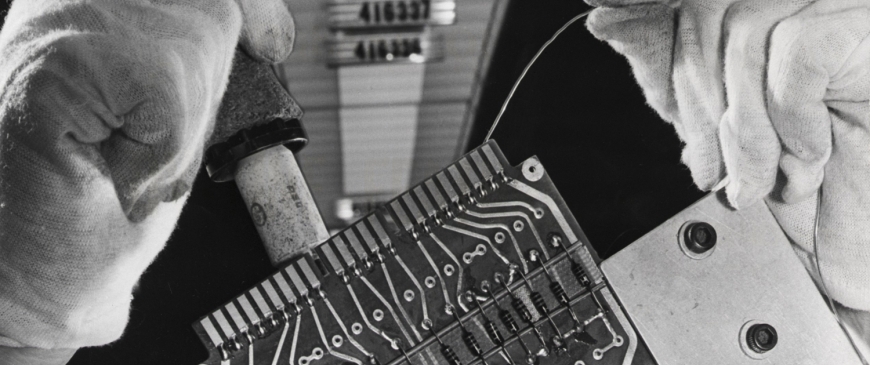
The EU risks damaging consumer interests in its push against Google dominance
Jean Tirole won last year’s Nobel prize for economics for his work on a new type of market – and one that has grown with the meteoric rise of the internet. So-called two-sided markets arise when a company brings together suppliers and consumers. Google is a classic example: it provides browsers with web pages, and makes cash from advertisers who are drawn to the billions of eyeballs that look at its site every day. Tirole showed that, in two-sided markets, prices are usually skewed, with one side paying.
Google’s prices are also skewed. Users receive services for free, while companies that want to advertise to those users must pay Google. Google needs as many users as possible because it can monetise their eyeballs – so it charges them nothing. Users only “pay” by providing Google their data, which the search giant provides to advertisers, who can then target their ads more effectively. Skewed pricing is a feature of other internet companies, too: Uber gives cheap taxi services to consumers at the expense of traditional cab drivers; Amazon sells cheap books at the expense of authors and publishers.
Google’s empire has grown to include mapping, a news service, a mobile phone operating system, email and shopping, among other things. This has brought the company to the attention of the EU’s competition authority, which has brought a case against its shopping service. What is not in dispute is that Google has elevated Google Shopping to the top of its web search page, above normal search results. But the European Commission argues that Google’s monopoly in search – it controls over 90 per cent of the European market – will give it too much market power in internet retail. The Commission fears that this will result in higher prices and less choice for consumers. For its part, Google argues that there is a lot of competition in online shopping, especially from eBay and Amazon. Who is right?
The Centre for European Reform did an experiment to find out. We compared the prices of 63 consumer goods, taken from Britain’s consumer inflation basket, on Google Shopping with those of the first-placed retailer in Google’s normal search service. The total bill on Google Shopping was 2.9 per cent cheaper.
So Google Shopping is not appearing to raise consumer prices. Why? Because it’s the suppliers of goods and services that are paying for the marketing power of internet platforms. Consumers, on the other hand, are footloose. The “cost” of switching between one supplier and another is very low in e-commerce – it only takes browsers a few clicks to check prices on different websites. Any platform that increases prices, reduces quality or fails to innovate will therefore lose market share to its competitors.
Internet markets are characterised by periods of monopoly after a breakthrough innovation – but these periods are short-lived, and the threat of competition polices monopolists’ behaviour. And when monopolists fail to innovate, the competition catches up. MySpace gave way to Facebook, Google Chrome and Firefox challenged the dominance of Internet Explorer, and Spotify has eaten into the market share of Apple’s iTunes.
The lesson for Europe should be obvious. Internet platforms give consumers more choice and lower prices, because they challenge incumbent taxi drivers, musicians, publishers and authors, and retailers. This raises consumers’ incomes, because it allows them to spend the money they save on other things. Competition authorities should tread carefully, and not take on internet giants simply because they have a large share of the market: they must be sure that consumers are being harmed by corporate behaviour. Otherwise the EU might damage the consumer interest, rather than advance it.
John Springford is a senior research fellow at the Centre for European Reform. His latest policy brief “Offline? How Europe can catch up with US technology” is published later today.
